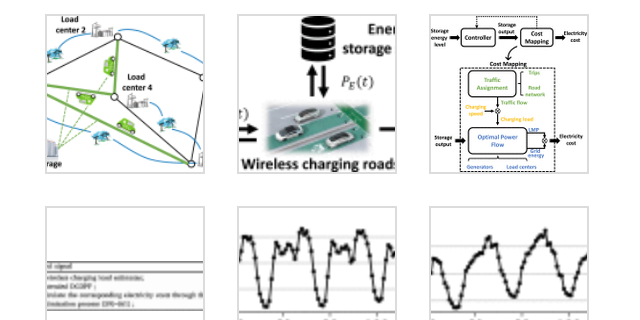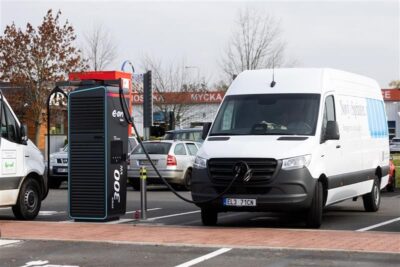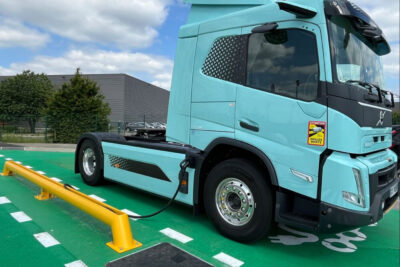Study on energy storage in wireless charging roads
In the USA, a research team from Cornell University has published a study revealing concrete advantages in wireless charging roads equipped with energy storage systems. The research team developed a coupled transportation–power system framework for incorporation of a wireless charging road system into the real-time electricity market.
Researchers were able to demonstrate in a simulated study that an efficient control of the energy storage system in the wireless charging road both reduced the energy costs as well as the load on the existing electricity grid.
“In this work, we develop a coupled transportation–power system framework for incorporation of a wireless charging road system into the real-time electricity market,” said Gao, the director of Cornell’s Systems Engineering Program. The control approach utilised by the Cornell researchers minimized the energy costs of wireless charging roads by efficiently managing the output of the energy storage system. “We designed a Lyapunov optimisation-based control strategy to manage the energy flow between the wireless charging roads and the energy storage system in a cost-efficient way,” Gao explained.
Technically, the proposed framework is composed of three major modules: the hybrid traffic assignment, the extended DCOPF, and the controller. The hybrid traffic assignment calculates the traffic flow with given trips across a road network composed of wireless charging lanes and normal traffic lanes. The optimal electric energy flows between the generation resources, load centers and wireless charging roads in the given power grid is determined by extended direct current optimal power flow (DCOPF).
Wireless charging embedded in roads has acrued some attention over the last three or four years. Link Transit from Wenatchee, Washington, has already accrued years of real-life experience in wirelessly charging electric buses using inductive charging systems from Momentum Dynamics. Just last month, after three years in daily use, Link Transit is drawing a satisfactory balance. Link Transit’s General Manager Richard DeRock, says the operating cost of their electric buses is about 51% of a diesel-fueled bus. The company currently has twelve electric buses using four 300-kW inductive charging stations. Link Transit started using wireless charging in 2018, claiming they were the first to use such a system in the USA. Here it should be noted, that this wireless charging system charges electric buses at regular bus stops to while passengers are boarding and exiting the vehicle – as opposed to wireless charging for moving traffic as in the study above.
On matters of inductive, or wireless charging, the Israeli company ElectReon is also right at the forefront. Last month, the wireless charging specialists signed a memorandum of understanding for the sale of its wireless EV charging services to CTG, the largest operator of limousine fleets and unique shuttle services in the New York and Las Vegas area. ElectReon has not only found popularity for their inductive charging technology with fleet operators: most recently, Stellantis & Iveco used the wireless charging technology in tests, while the Smartroad project in Gotland continues to expand. ElectReon’s first contract came for a bus charging system in their native Tel Aviv.
In Cornell study just published, the focus was on simulations of multi-lane roads with some lanes embedded with wireless charging and energy storage systems. The study summarised: “Wireless charging roads equipped with energy storage systems are promising electric vehicle charging solutions by virtue of their strong advantages in time saving and reduced pressure on the existing power infrastructure.”
Now, with this study, the wireless charging of moving vehicles on multi-lane roads has taken a step towards reality. Jie Shi, lead author of the Cornell study said: “Our control strategy is computationally efficient and requires no forecasts of the system states, making it appealing to practical applications.”





0 Comments